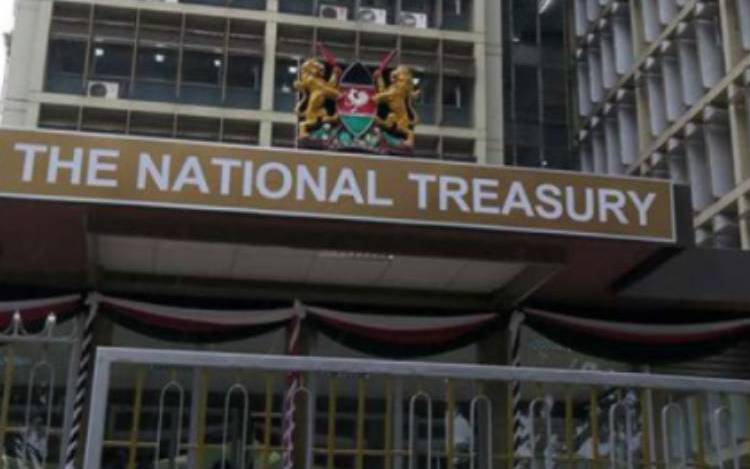After helping Kenya Airways secure close to Sh80 billion in loans, the government received only Sh1 million in director fees from the cash-strapped airline in the last financial year.
But this lopsided relationship is not only with the national carrier, whose financial woes were aggravated by the Covid-19 pandemic.
In the 2019-20 financial year, taxpayers’ cash was used to fully pay off guaranteed loans on behalf of the East African Portland Cement Company (EAPCC), Kenya Broadcasting Corporation (KBC) and Tana Athi River Development Authority (Tarda).
But these State-owned enterprises did not pay the Exchequer back in loan repayments, dividends, surpluses or director fees, according to the Consolidated National Government Investment Report for the period. Read More
The report was tabled in the National Assembly on November 15.
If anything, there are fears that things will get even worse, with most of these entities plunging into losses or deficits.
National broadcaster KBC might cost taxpayers an additional Sh43.3 billion, attributed to a claim that it breached a contract regarding the launch of another TV channel (Channel II) and the digital migration process.
A broke government stands to lose close to Sh174.6 billion, which is its total exposure in form of contingent liabilities – which means those that can occur depending on the outcome of an uncertain future event.
Political pressure
While an explicit liability such as KBC’s has to be paid off because it is established by law or a contract authorised by law, public expectations and political pressure have seen the government intervene in implicit contingent liabilities, such as the revival of Uchumi Supermarket, Mumias Sugar Company and Kenya Airways.
Now, Treasury Cabinet Secretary Ukur Yatani said this will not happen again.“Gone are the days when we’d allow State agencies to come here with a begging bowl or for a bailout,” said Yatani when he was presented with a Sh168 million cheque from Kenya-Re Insurance last month.Out of 12 companies in which the government has less than 50 per cent shareholding, only three paid dividends, amounting to Sh28.4 billion in the 2019-20 financial year.About 92 per cent of these dividends came from Safaricom, with the Treasury pocketing Sh26.2 billion from the telecommunications giant.Three of the remaining nine companies are insolvent, with Mumias Sugar and Uchumi under administration. Kenya Airways might soon return to the government’s fold.The financial position of Telkom, where the State has a 40 per cent stake, has not been impressive.Further, 11 State-owned […]
